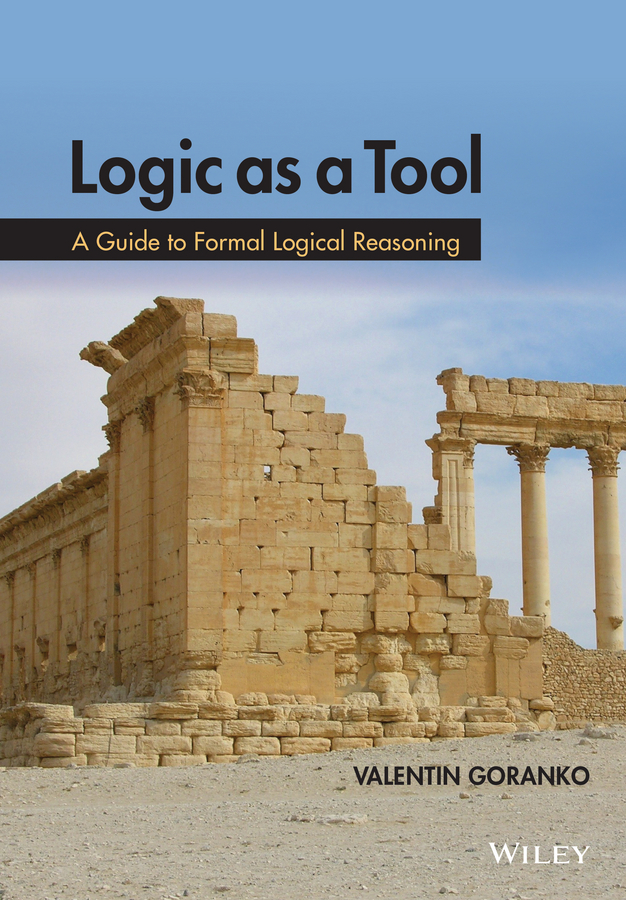Электронная книга: Valentin Goranko «Logic as a Tool. A Guide to Formal Logical Reasoning»

|
Written in a clear, precise and user-friendly style, Logic as a Tool: A Guide to Formal Logical Reasoning is intended for undergraduates in both mathematics and computer science, and will guide them to learn, understand and master the use of classical logic as a tool for doing correct reasoning. It offers a systematic and precise exposition of classical logic with many examples and exercises, and only the necessary minimum of theory. The book explains the grammar, semantics and use of classical logical languages and teaches the reader how grasp the meaning and translate them to and from natural language. It illustrates with extensive examples the use of the most popular deductive systems– axiomatic systems, semantic tableaux, natural deduction, and resolution – for formalising and automating logical reasoning both on propositional and on first-order level, and provides the reader with technical skills needed for practical derivations in them. Systematic guidelines are offered on how to perform logically correct and well-structured reasoning using these deductive systems and the reasoning techniques that they employ. •Concise and systematic exposition, with semi-formal but rigorous treatment of the minimum necessary theory, amply illustrated with examples •Emphasis both on conceptual understanding and on developing practical skills •Solid and balanced coverage of syntactic, semantic, and deductive aspects of logic •Includes extensive sets of exercises, many of them provided with solutions or answers •Supplemented by a website including detailed slides, additional exercises and solutions For more information browse the book's website at: https://logicasatool.wordpress.com Издательство: "John Wiley&Sons Limited"
ISBN: 9781118880050 электронная книга Купить за 4747.28 руб и скачать на Litres |
Другие книги схожей тематики:
| Автор | Книга | Описание | Год | Цена | Тип книги |
|---|
См. также в других словарях:
Logic — For other uses, see Logic (disambiguation). Philosophy … Wikipedia
Mathematical logic — (also known as symbolic logic) is a subfield of mathematics with close connections to foundations of mathematics, theoretical computer science and philosophical logic.[1] The field includes both the mathematical study of logic and the… … Wikipedia
First-order logic — is a formal logical system used in mathematics, philosophy, linguistics, and computer science. It goes by many names, including: first order predicate calculus, the lower predicate calculus, quantification theory, and predicate logic (a less… … Wikipedia
philosophy, Western — Introduction history of Western philosophy from its development among the ancient Greeks to the present. This article has three basic purposes: (1) to provide an overview of the history of philosophy in the West, (2) to relate… … Universalium
language, philosophy of — Philosophical study of the nature and use of natural languages and the relations between language, language users, and the world. It encompasses the philosophical study of linguistic meaning (see semantics), the philosophical study of language… … Universalium
Argumentation theory — Argumentation theory, or argumentation, embraces the arts and sciences of civil debate, dialogue, conversation, and persuasion; studying rules of inference, logic, and procedural rules in both artificial and real world settings. Argumentation is… … Wikipedia
